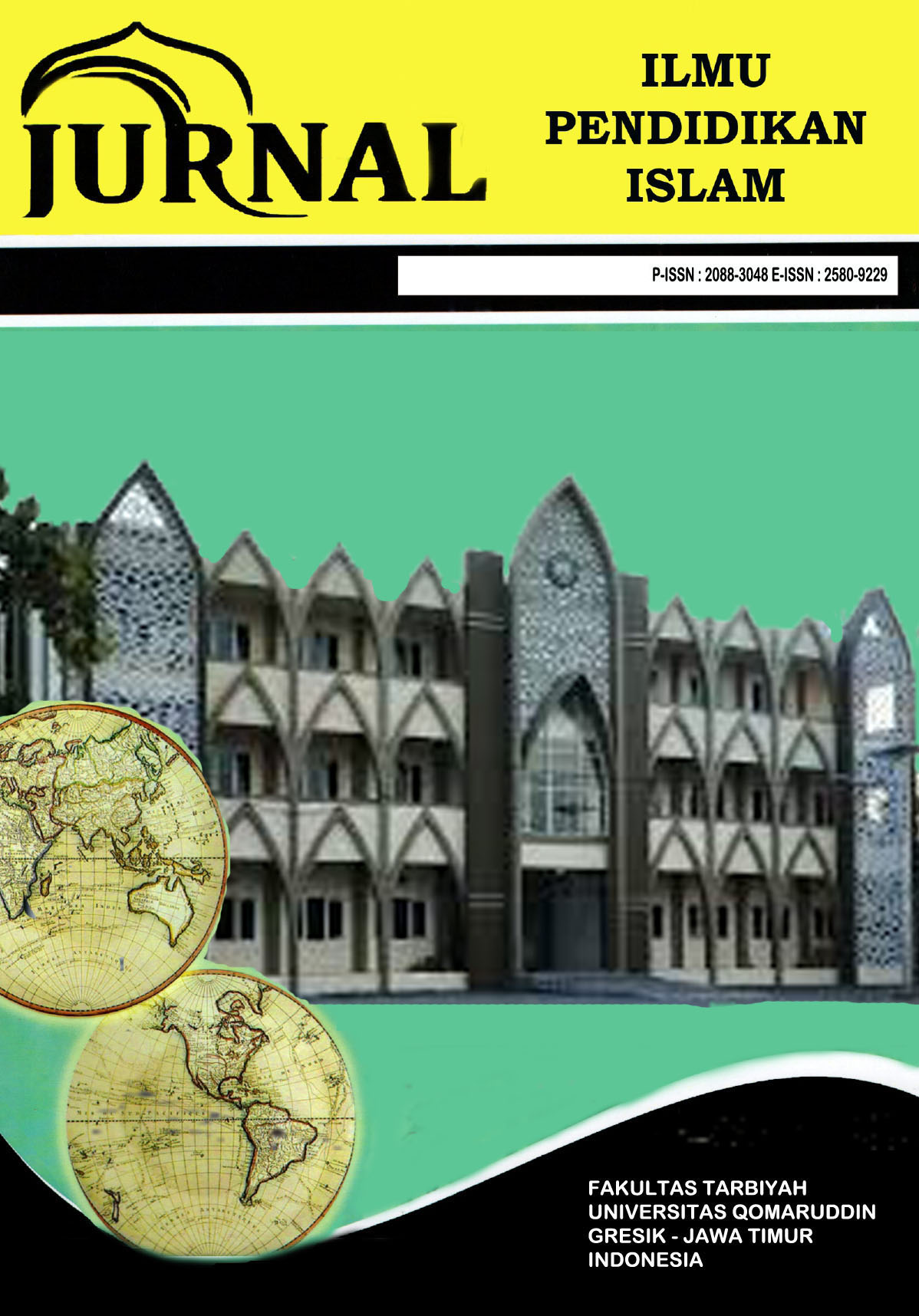Relevansi Etika Membaca Al-Qur’an dalam Kitab Mau’idzah Al Mu’minin Melalui Kegiatan Halaqah Al- Qur’an di Pesantren Al-Kautsar Al-Akbar Medan
Abstract
This study aims to determine the relevance of the ethics of reading the Qur'an in the Mau'idzah Al-Mu'minin kitba through halaqah activities at the Al-Kautsar Al-Akbar Islamic Boarding School in Medan. This study uses a qualitative approach with a descriptive method and field research type. The sources of research data are the principal, teachers teaching the Mau'idzoh Al-Mu'minin book and the Al-Qur'an halaqah instructor. Data collection methods are Observation, interviews, and documentation. Data analysis techniques include data reduction, data presentation, and drawing conclusions. Based on the results of the study, it was found that most of the ethics taught in the book are in accordance with the ethics practiced during the Al- Qur'an halaqah activities, especially in terms of practicing the sunnahs that are relevant to the hadiths of the Prophet and the teachings of the salaf scholars. However, there are some ethics that are considered irrelevant by researchers because they are influenced by various contextual factors. The Al-Qur'an Halaqah not only aims to strengthen the memorization and correct the reading of the Al-Qur'an by students, but also becomes a means for students to practice the ethics that have been learned, so that they can form individuals with noble character. Thus, this halaqah activity not only has an impact on the academic abilities of students, but also on their moral and spiritual development.
References
Andini, M. (2023). Akidah dan Etika: Relasi antara Keyakinan dengan Nilai Moral. Al-Hikmah:
Jurnal Theosofi Dan Peradaban Islam, 5(1), 98–115.
https://doi.org/10.51900/alhikmah.v5i1.19376
Aman, M. (2020). Metode pembelajaran berbasis al- qur’an. Tadarus Tarbawy, 2(2), 265–273.
file:///C:/Users/HP/Downloads/METODE_PEMBELAJARAN_BERBASIS_ALQURAN.pdf
Basri, H., & Hasibuan, H. R. (2024). Mengintegrasikan Nilai-nilai Akhlak dalam Novel Api Tauhid
Terhadap Kurikulum Pendidikan Islam. JIPI: Jurnal Ilmu Pendidikan Islam, 24(3), 461.
https://doi.org/https://doi.org/10.36835/jipi.v22i03.4388
Chairudin, M. (2020). Metode Pendidikan Islam dalam Perspektif Prof. DR. HM Qurash Shihab , MA
. Jurnal Ilmu Pengetahuan Dan Pendidikan Islam , 6(6), 51-65.
Hardani. (2020). Metode Penelitian Kualitatif dan Kuantitatif . CV. Pustaka Ilmu.
Ismail. (2022). Arah Kiblat Dalam Perspektif Fikih dan Geometri. Al-Marshad: JurnalAstronomi Islam
DanIlmu-IlmuBerkaitan, 8(1), 54. https://doi.org/10.24235/mahkamah.v7i1.10127
Iskarim, M. (2016). Dekadensi Moral di Kalangan Pelajar (Revitalisasi Strategi PAI dalam
Menumbuhkan Moralitas Generasi Bangsa). Jurnal: Edukasia Islamika, Vol. 1(1), 2.
Kusumawardani, D. (2021). Makna Wudhu dalam Kehidupan menurut Al-Qur’an dan Hadis.
Jurnal Riset Agama, 1(1), 107–118.
Matthew B. Miles, A. M. H. dan J. S. (2014). Qualitative Data Analysis A Methods Sourcebook. Sage
Publication, Terjemahan Tjetjep Rohindi Rohidi, UI-Press,.
Copyright (c) 2025 Kanzul Ulum, Khairuddin Lubis, Yurmaini Yurmaini

This work is licensed under a Creative Commons Attribution 4.0 International License.





